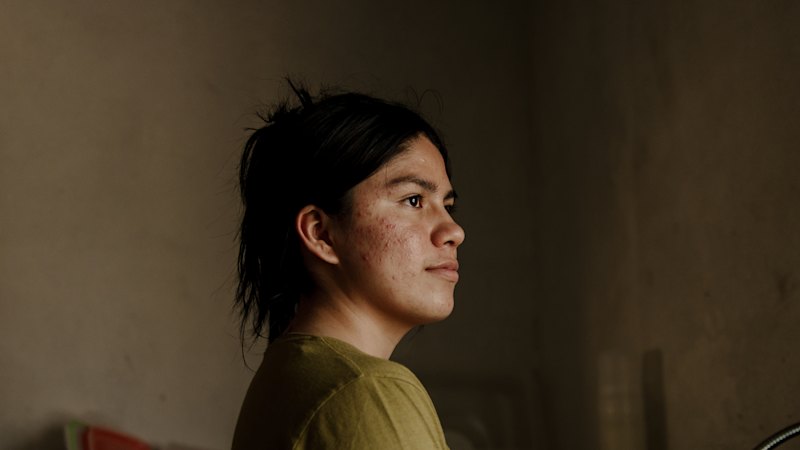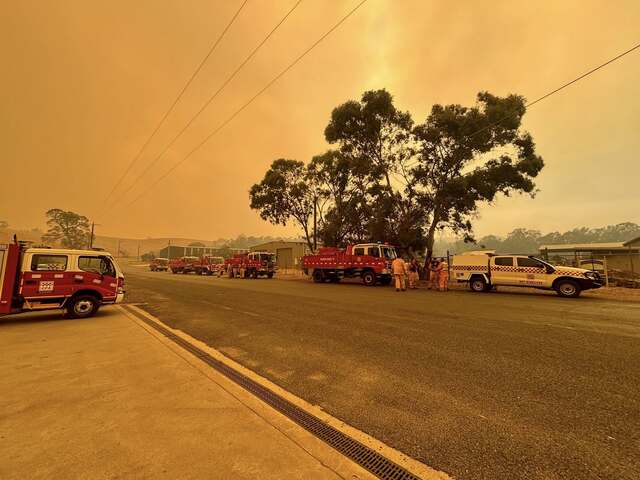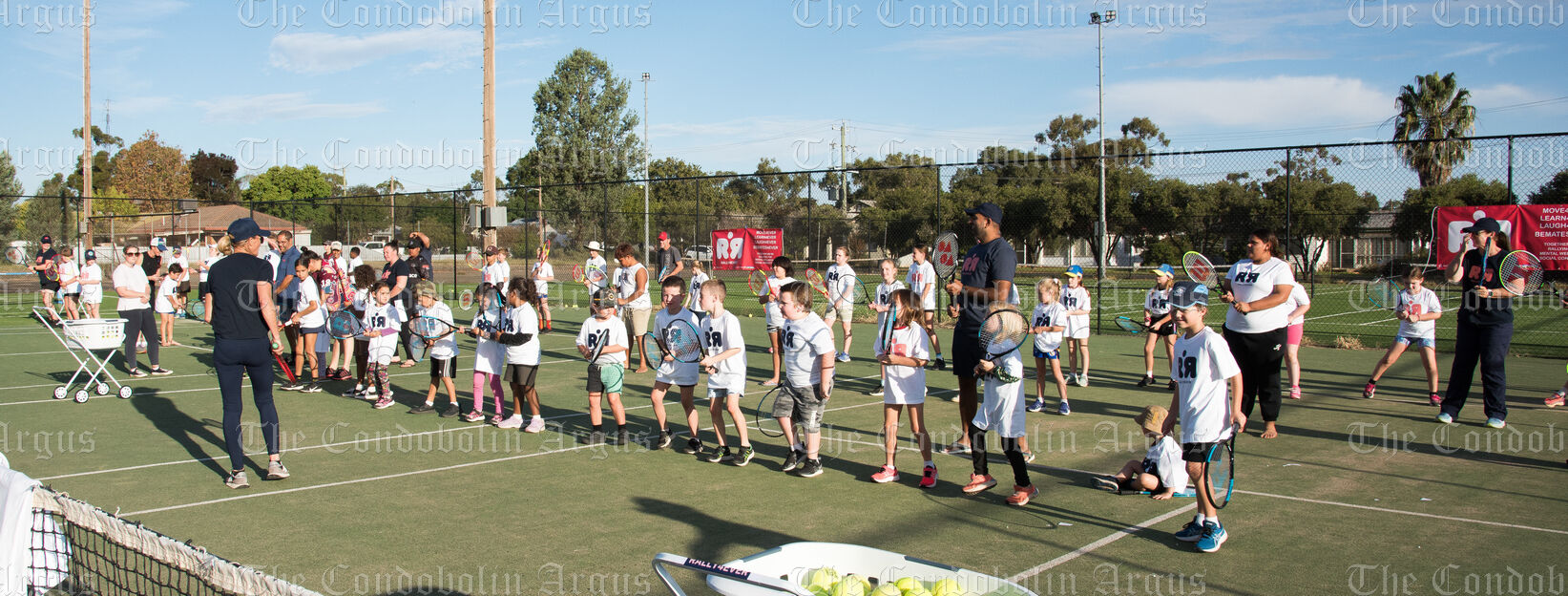
Life for women in rural areas of Peru and Uganda poses significant challenges, particularly concerning violence and abuse. Recent photography by Australian humanitarian photographer Ben Adams highlights the resilience of women in these regions, focusing on individuals like Xiomara, a survivor from Huánuco, Peru. On November 25, the International Day for the Elimination of Violence Against Women, the UN launched the UNiTE campaign, emphasizing the need for action against violence towards women and girls.
Xiomara’s story reflects the broader struggle faced by many women. At just eight years old, she became a victim of family abuse, a situation often concealed in her community due to cultural pressures prioritizing reputation over justice. “Healing does not mean forgetting,” she explains, emphasizing the importance of living with the trauma without allowing it to define her. Her passion for cooking serves as her form of therapy, and she aspires to combine gastronomy with psychology to help others find solace through food.
In Peru, the justice system is plagued by underfunding and inaccessibility, leading to a culture where violence is often perceived as a private family matter. According to UNICEF, one in five girls experiences sexual abuse in their lifetime. Xiomara’s recovery journey took a turn for the better when she met Doris Godoy, a psychologist from Paz y Esperanza, a partner of the International Justice Mission (IJM). This organization works globally to combat human rights abuses and provide aftercare for survivors.
Empowerment through Survivor Networks
With support from IJM and Paz y Esperanza, Xiomara has transformed from a victim into a leader within Peru’s national survivor network, known as Free to Serve. “I felt, for the first time, that I was not alone,” she recalls, emphasizing the empowerment she gained from listening to other women’s stories. In 2024, IJM expanded its initiatives by launching a new chapter of the Global Survivor Network in Pucallpa, allowing survivors to share their experiences and advocate for change.
Xiomara’s commitment to this network is profound. She describes the importance of mutual support among women, saying, “We support each other like walking sticks.” This sense of community fosters resilience and encourages women to pursue their dreams, even amidst adversity.
Across the globe, similar movements are emerging in Uganda. In rural Kasese, the Mukunyu Survivor Network is witnessing women like Biira Jetrace take the lead in advocating for change. Jetrace’s journey is marked by her own tragic experiences, including witnessing violence against her mother and becoming a young mother herself. “I don’t want other women to pass through what my mother and I passed through,” she states.
These survivor networks in Uganda are proving effective. Jetrace reports growing community awareness, stating, “People are reporting now. They are no longer keeping quiet.” Their gatherings, often accompanied by dance, serve as both a healing process and a form of activism against the violence they have endured.
The Importance of Justice Systems
The challenges faced by women and children in both Peru and Uganda underscore the urgent need for reform within justice systems. Reports indicate that nearly 55% of women in Uganda have experienced intimate partner violence during their lifetime, with many cases going unreported. Wamaitha Kimani, the director of IJM Uganda, highlights the need for systemic changes to ensure that survivors receive the support they need and that perpetrators are held accountable.
In Peru, the struggle is similarly daunting. A 2021 survey revealed that over half of women aged 15 to 49 have encountered violence from an intimate partner. The work of IJM focuses on strengthening these vulnerable justice systems, which often lack the necessary resources and infrastructure to properly handle cases of violence against women.
Xiomara and Jetrace’s stories exemplify the potential for change when survivors are empowered and supported. They illustrate the critical importance of shifting the narrative surrounding violence from a private issue to a public concern that demands collective action. As David Braga, chief executive of IJM Australia, states, “Violence against women remains a significant and urgent global issue, particularly in developing nations like Uganda and Peru.”
With organizations like IJM leading the charge and the courage of survivors like Xiomara and Jetrace at the forefront, there is hope for a future where violence is not tolerated and women are empowered to live freely and safely.







